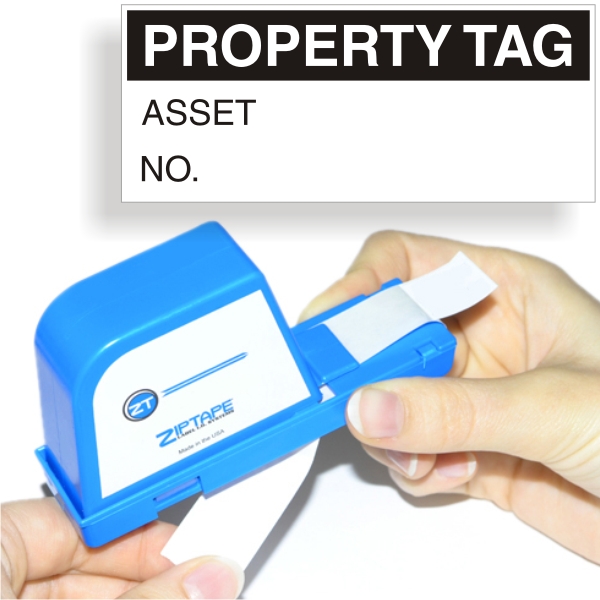One of the continuing sources of frustration to many criminal defense attorneys is that generally what we get in discovery is simply garbage conclusory reports of little value.
What criminal defense attorneys look to do is to verify and validate these conclusions set to this conclusory report. In essence, we simply seek to do science. We simply seek to do justice.
We are very typically met with strong resistance when we ask for basic data. As a sad tribute to our broken system, it is almost expected to come from prosecutors. It also comes from Judges, But what never ceases to amaze me is that it chiefly comes from the supposedly neutral and detached criminal laboratory.
We are talking about basic data! The type of data that should be readily available to Quality Assurance Officers. The type of data that should be readily available to external auditors upon demand. The type of data that would be needed for any sort of meaningful scientific review.
Like the toddler who will not share the toy, these laboratories will not share data.

Their typical objections include:
1. “You don’t need it.”
My response: You don’t get to make that call. You don’t get to edit. It is the role of the crime laboratory to generate data, not edit it. If you made it, then we should get it. Stop being an advocate. Start being a scientist. Be open! Show off the data. Be proud of it.
2.”It is privacy issue.”
My response: No, it’s not. All of your laboratory testing should be based upon and recorded according to sample numbers and not actual names. There is no way that an analyst should ever know what piece of evidence is associated with a person or a case. This prevents bias. The raw data is typically what we are after. Not the interpretation of it. In fact, we already have your interpretation. It’s the garbage conclusory report. The raw data should be listed and referred to by sample number. Even if specific names are involved that are not associated with the particular case (i.e., the batch list), then simply redact that information.
3. “We’re an accredited lab.”
My response: And your point is???? The fact that you are accredited by some organization through some process doesn’t make your process forever error free and perfect. It doesn’t guarantee the validity of your work. Plenty of crime laboratories involved in scandals were accredited. It didn’t stop their wrong doings and errors, did it?
4. “The request is too broad and onerous.”
My response: Try saying that to an external auditor and see how far that gets you. While it is true that there are some criminal defense attorneys who are out there that try to play a silly game of “gotcha” wasting everyone’s time (and those people should be sanctioned), there are many of us who legitimately want the data so that we of the defense can do our job. As I lecture to criminal defense attorneys, if you don’t know what it is, can explain why you need it, and how disclosure of it matters in your particular case, then you must not ask for it. On the other hand, if the defense attorney knows what he or she is doing, then the data must be released.
5. “We don’t save all of the data.”
My response: Why not? Concerned about digital storage space? Come on now. Honestly. A 1 terabyte external hard drive is under $100. I know plenty of criminal defense attorneys who will donate you not one, but two.
6. “You’re not entitled to it.”
My response: Who’s data is it any way? You (state analyst) act as if this data is your proprietary work product. Your own research. Your stuff. Well, it isn’t yours. My taxpayer money pays for it all. It’s not your personal property. It is not even property of the laboratory. It’s property of the people. Act like it.




Alan Winograd says:
There is no legitimate reason to hide the ball. Either they have something to hide or are just being lazy. Plus, they have a legal duty to provide the information. They should be just as concerned as we are that the results are correct so that innocent people are not punished,